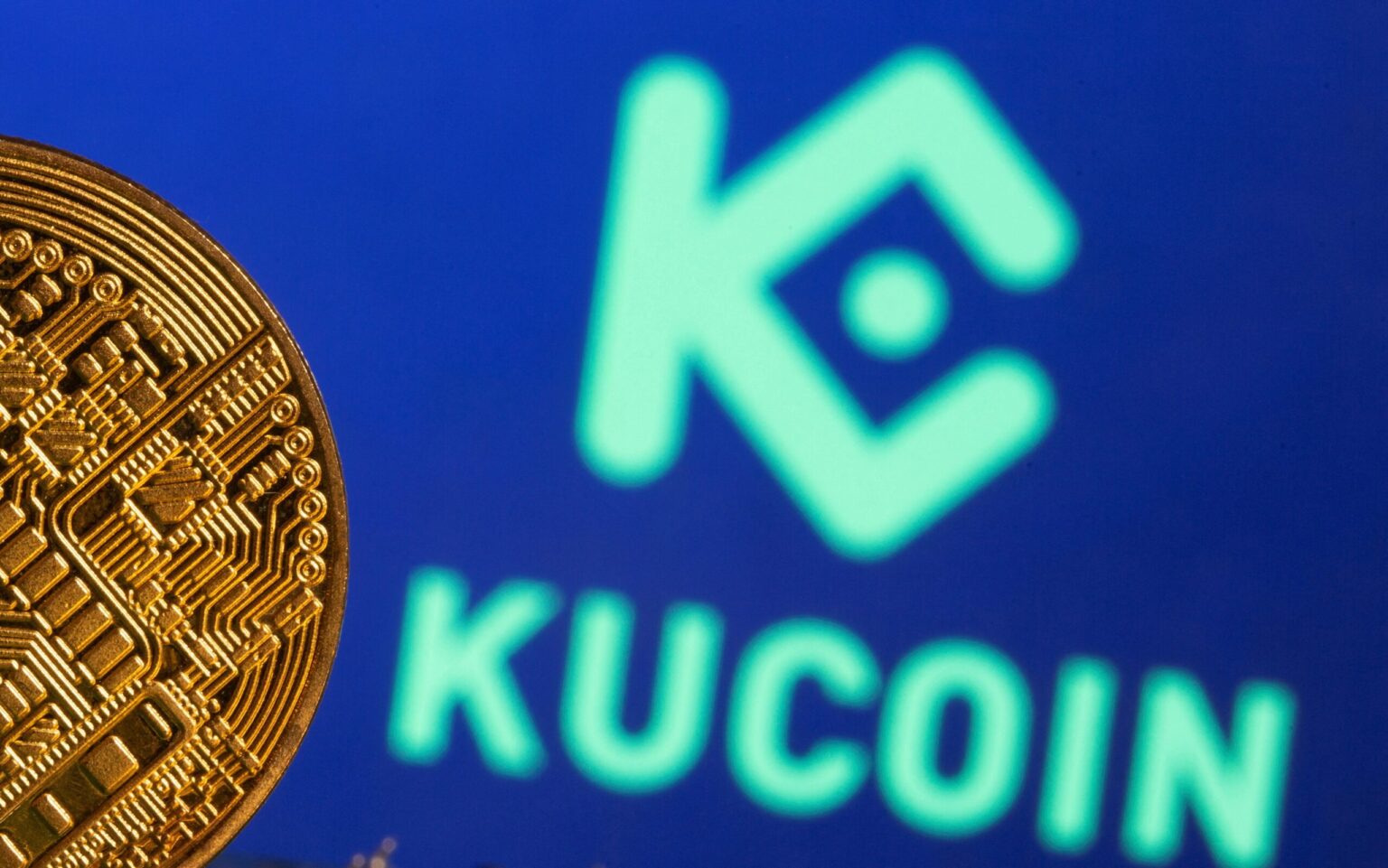In the rapidly evolving landscape of cryptocurrency, strategic expansions and regulatory compliance are pivotal for growth. As KuCoin, a prominent global cryptocurrency exchange, ventures deeper into Southeast Asia, its latest move into Thailand marks a significant milestone. This expansion is not merely about growth but also about navigating the complex regulatory environments of different regions. With a rebranding of ERX Company Ltd, KuCoin Thailand has officially launched, leveraging its new crypto exchange license authorized by Thai regulators. This launch opens a new chapter for KuCoin in one of Southeast Asia’s most dynamic crypto markets.
KuCoin Expands into Thailand: A New Era for Crypto Trading
Building on Existing Foundations
KuCoin Thailand’s initiation involved seamlessly integrating existing users of ERX into its new system, paired with introducing the KuCoin TH app for both Android and iOS platforms. ERX CEO Att Tongyai Asavanund emphasized the exchange’s commitment to providing cryptocurrency services tailored to the local market needs. Despite a nationwide prohibition on using cryptocurrencies for payments, Thailand’s trading volume remains robust, indicating a thriving crypto culture. Yet, KuCoin enters a competitive arena, where several established players already dominate.
The Competitive Landscape of Thailand’s Crypto Market
The Thai Securities and Exchange Commission now licenses nine companies to operate crypto exchanges. Besides KuCoin, prominent names include Bitkub Online, Gulf Binance, Upbit Exchange, and WAAN Exchange. Bitkub leads with approximately $70 million in daily trade volume, a significant figure compared to KuCoin’s global daily volume of $3.8 billion. However, establishing a strong local presence will require more than just a sizable global footprint.
Regulatory Challenges and Stern Crypto Laws in Thailand
While Thailand’s crypto market is vibrant, regulatory frameworks are stringent. The Bank of Thailand’s prohibition on digital assets for payment purposes remains in effect, underscored by stricter trading regulations. Recent regulatory actions, such as the crackdown on foreign peer-to-peer crypto services, underscore a vigilant stance against fraud and money laundering. New exchanges, even those with licenses, should prepare for enhanced scrutiny.
KuCoin’s Ongoing Legal Battles in the United States
Simultaneously, KuCoin is addressing legal concerns in the United States, where the Commodity Futures Trading Commission (CFTC) initiated legal proceedings in March 2024 over alleged breaches of the Commodity Exchange Act. As KuCoin negotiates a settlement, this legal challenge illustrates the multifaceted regulatory pressures faced by global crypto exchanges, distinct yet influential in navigating new markets like Thailand.
Editorial Integrity and Expert Oversight
Our editorial approach prioritizes accuracy, comprehensive research, and unbiased reporting. Every piece undergoes a thorough review by seasoned technology experts and experienced editors to ensure our content’s dependability and relevance, offering true value to our readership.
How does KuCoin’s expansion impact Thailand’s crypto landscape?
KuCoin’s entry into Thailand introduces a significant player to the already bustling market. It could enhance competition, lead to better service offerings and potentially drive innovation in crypto products tailored to local preferences.
What are the main challenges for KuCoin in Thailand?
Besides competing with established local exchanges, KuCoin must navigate stringent regulatory frameworks and adapt to Thailand’s unique market environment, which includes restrictions on the use of cryptocurrency for payments.
Why is KuCoin facing legal issues in the United States?
The CFTC’s lawsuit against KuCoin involves allegations of violations of the Commodity Exchange Act. This legal situation necessitates careful navigation to avoid potential penalties and demonstrates the complex regulatory environment in which crypto exchanges operate globally.

